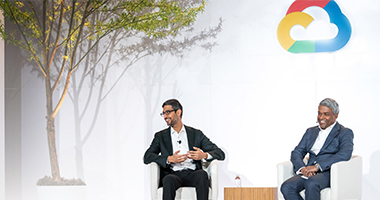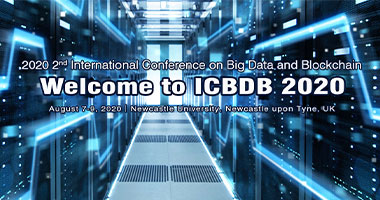Big data, machine-learning algorithms and the customer experience to come

Steven Tait, Senior Consultant, EY
Nowadays, retail companies and their CRM providers are increasingly looking into innovative ways to enrich the stock of knowledge about their customers. Get to know your customers is a crucial aspect for every business in this era. The better you know your customer base the better will be the result of every action you plan for them, both collectively or individually. With aggregate data it is possible to realize marketing campaign with high interest index whereas knowing in detail a particular client enables tailored experience and increase redemption efficiency.
Once upon a time, businesses used to manage campaigns and interactions with their customers based on static data that could categorize a client in a persona. Basically, your age, your job position and salary, your education level, your marital status, your hometown and location were the best information a business could collect about you. These data alone can tell a lot about somebody, however they also miss most of a person's life. Moreover, some of these data may vary over time, you can get married or divorce, change your job and living place. However, the business that collected your data – maybe on a paper form – being a bank, an insurance company, a supermarket chain or even some online retail via a digital form will not receive any update from you.
Then, any business started to check which the actual need of their clients were. Clearly they could collect purchase history concerning product or service offered. This apply to retail chain with fidelity card, banks for POS operations or routes travelled with public transport while using subscription cards just to make some examples. Finally, surveys concerning satisfaction rates for products and services, campaigns redemptions, clicks on banners and ads together with other metrics to get customers impressions concerning the company's core business completed the picture of its users.
Definitely, by implementing a good strategy, this practices provide already a great picture of a customer base. Nevertheless, the growing of a new form of data disclosure completely change the game in the recent years. These new pool of data that may be available to businesses comes from the social network where people leave digital trace of their life almost every day. Taking into account just Facebook, out of 28M Italian accounts, analysis shows that 21M connects every day! These means posts, likes, comments, geo-located data, subscription in groups, sharing of news, purchases and much more. Clearly the question arise, is it possible to exploit these data – granting the platform and user permissions – for improving the knowledge about your customer base? Well, the answer is yes if you do also improve you customer base user experience.
I read a nice article some months ago titled “La società degli algoritmi” (The algorithms society), which explains how the real time experience of users is completely changed in the last years and it will be even more profoundly changed in the next years to come. Big data, machine learning algorithms together with the increasing amount of structured and unstructured data that everybody leaves behind everyday will change our life. We are used to get personalize advertisements, suggestion for item purchases, articles, books, movies, music… even restaurants and place to visit. More we disclose about us - and more is disclosed collectively - the better will the algorithms understand our preferences and customize our experiences.
Concern is rising on this topic. Privacy and security of data connected to the use that can be made are definitely great issues of our time. The combination of data disclosure in a digital manner together with the advancement in big data analytics and machine learning algorithms represent a great opportunity for the future. As every disruptive innovation that can change the world it can act both on the bright and on the dark side. Institutions, authorities and movements are constantly involved in protecting people from the unwanted consequences of this revolution. People of every social extraction are more and more aware of the use that can be made of their data. As an example, GDPR is really a hot topic among every company how manages data.
At the end of the day, for businesses, the question is clear and simple: are you getting ahead with this innovation wave or are you lagging behind? The companies that will shape the future of the next years to come will be those who get advantage of recent trends and technologies to offer a better and more tailored experience than their competitors. Every business with a wide customer base should definitely consider if they know their customer well enough to keep the pace of the 21st century. If the answer is no, well the moment to take action about it may be the right one.
Subscribe to IEra womenleaders
News
A look at the history of public media in the U.S. as Republicans target federal funding
Pilot and 2 young daughters survive the night on airplane wing after crashing into icy Alaska lake
Columbia Planned Tighter Protest Rules Even Before Trump Demanded Them
US House Speaker Johnson says Congress can 'eliminate' district courts
Texas lawmaker Jasmine Crockett defends 'hot wheels' comment about Gov. Greg Abbott
Vance to join wife for Greenland trip on Friday, suggests global security at stake
Columbia student protester can’t be detained for now as she fights deportation, judge rules
Tesla Stock Rises for 5th Straight Session—Watch These Key Price Levels
Kroger countersues rival Albertsons after demise of $25 billion merger
The Best Deals From Amazon’s Big Spring Sale (and Across the Internet) This Week
Asia markets trade mostly higher after Wall Street extends gains on hopes of softer Trump tariffs














